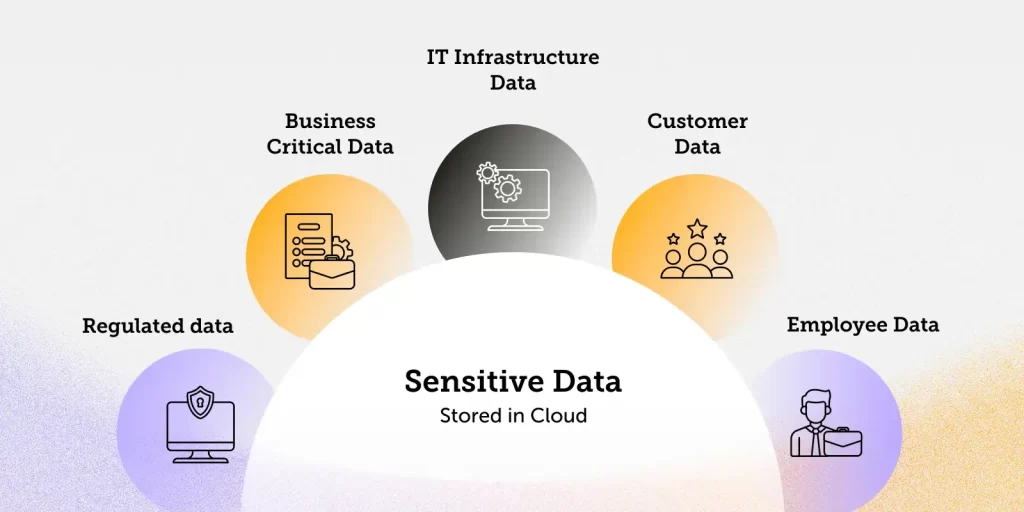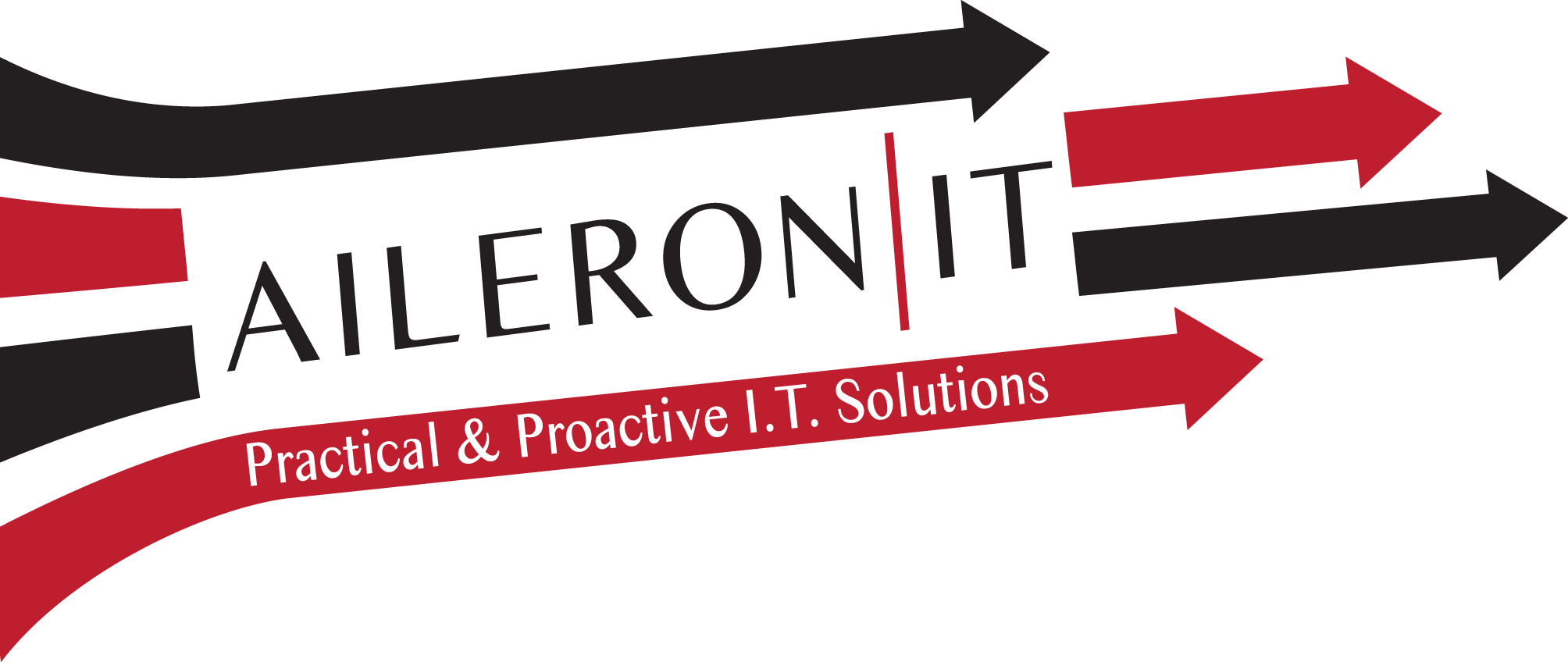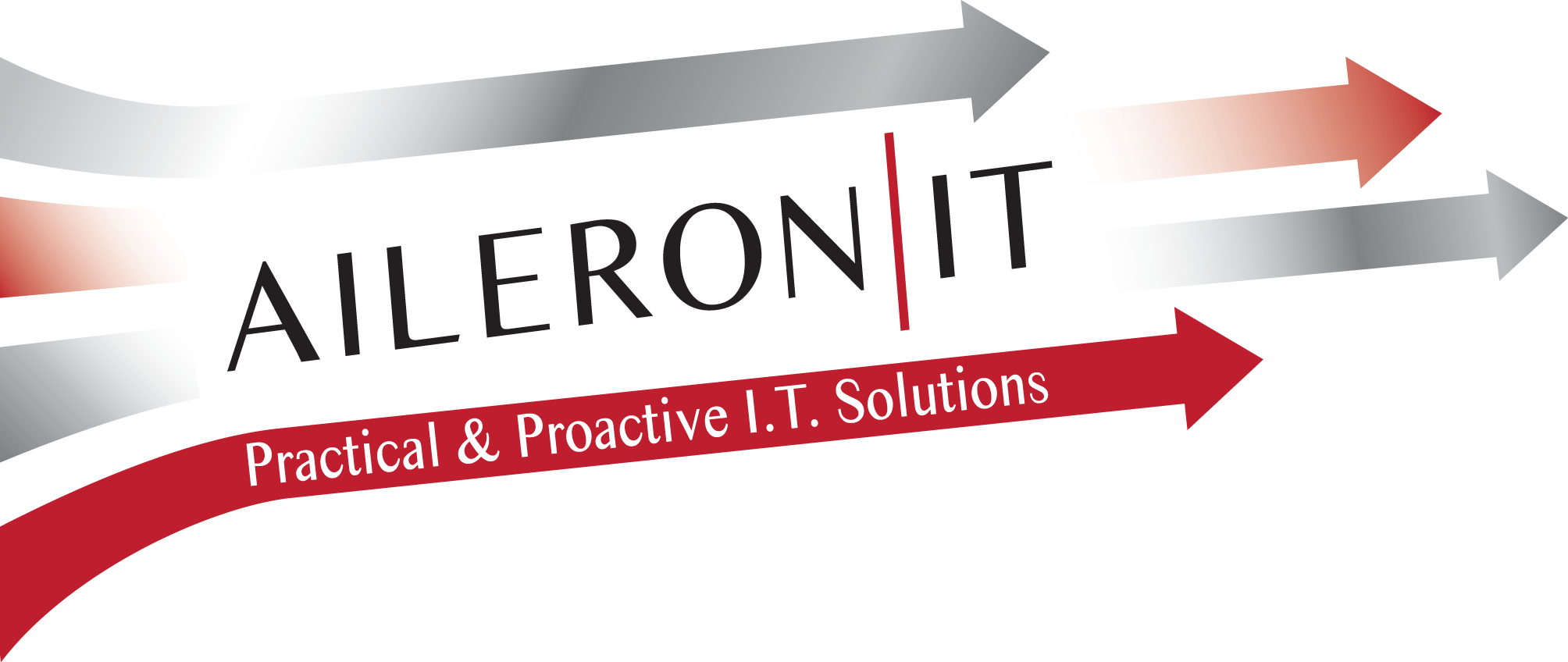Is cloud storage safe for sensitive business information?

As cloud storage becomes increasingly popular, businesses of all sizes are asking an essential question: Is it safe to store sensitive information in the cloud? Cloud solutions promise flexibility and scalability, but when it comes to data security, it’s crucial to understand the protective measures in place—and how to make the most of them.
Here, we’ll explore how cloud storage protects sensitive business data, the security features it offers, and the best practices for maximizing safety.
1. Understanding the Basics: How Cloud Storage Providers Protect Your Data
Data Encryption:
Leading cloud storage providers use encryption as a fundamental protection measure. Encryption ensures that your data is converted into a secure format that can only be accessed with an encryption key. Most providers use AES-256 encryption, which is the same level used by government organizations and the military.
Data In-Transit and At-Rest Encryption:
For complete security, cloud storage providers encrypt data both in transit (as it moves from your device to the cloud) and at rest (while stored on the cloud servers). This double layer of encryption helps prevent unauthorized access by intercepting data only in encrypted form.
End-to-End Encryption:
Some providers, like Tresorit, offer end-to-end encryption, where only the sender and intended recipient can decrypt the data. This approach ensures that even cloud providers cannot access the actual content, which is ideal for sensitive business information.
2. Physical and Digital Security Measures
Data Centers:
Reputable cloud providers store data in highly secure data centers equipped with state-of-the-art protection against physical breaches, natural disasters, and power failures. These data centers follow strict access control policies and are usually certified for industry standards, such as ISO/IEC 27001.
Redundant Storage:
Cloud providers use redundancy to keep data secure even if a server fails. Redundancy involves creating multiple copies of your data and storing them across different locations. This practice is crucial for data recovery in the event of hardware failure or a cyber attack.
Access Controls:
Cloud providers employ stringent access controls that allow only authorized personnel to access your data. This may include multi-factor authentication (MFA), role-based access controls, and audit trails that track access and modification activities to prevent internal threats.
3. Compliance with Regulatory Standards
Industry Compliance:
Cloud storage providers adhere to various regulatory standards, including GDPR, HIPAA, and SOC 2. Compliance with these standards demonstrates a commitment to secure data management practices and the safeguarding of personal and business data. Providers that comply with these frameworks undergo rigorous audits to ensure adherence to security policies.
Data Sovereignty:
Regulatory standards may also dictate where data is stored, impacting businesses that deal with international customers or sensitive data. Top cloud providers allow businesses to specify data storage locations, ensuring compliance with regional laws and data sovereignty requirements.
4. Mitigating Cybersecurity Risks in the Cloud
Vulnerability Testing:
Cloud providers continuously test their systems for vulnerabilities, conducting penetration testing and routine assessments to identify and address potential security gaps. This proactive approach minimizes the chance of a breach by staying ahead of emerging threats.
Employee Training and Insider Threat Prevention:
One major risk factor for cloud data security is human error. Cloud providers often invest in employee training to mitigate insider threats. For businesses, it’s also essential to train staff on secure cloud usage, data access protocols, and recognizing potential phishing attempts.
Multi-Factor Authentication (MFA):
MFA adds a second layer of security beyond a password, requiring users to provide additional information (such as a one-time code) before accessing data. Enabling MFA is an effective way to safeguard sensitive information and reduce unauthorized access.
5. Best Practices for Safeguarding Sensitive Information in the Cloud
1. Implement Strong Access Controls
Enforcing strict access policies, such as limiting data access based on user roles, helps prevent unauthorized access to sensitive information. Additionally, logging and monitoring access activities can reveal potential threats and enhance accountability.
2. Regular Data Backups
Regularly backing up data ensures that you have a secure copy in case of accidental deletion, cyber attacks, or system failures. Many cloud providers offer automated backup options for continuous data protection.
3. Choose Providers with End-to-End Encryption
For businesses dealing with highly sensitive information, choosing a provider that offers end-to-end encryption is crucial. End-to-end encryption adds a layer of privacy by ensuring only authorized users can view the actual data.
4. Use a Secure Connection and Avoid Public Wi-Fi
Ensure that employees access cloud services over secure networks. Using unsecured public Wi-Fi to access the cloud increases the risk of data interception. For remote work, encourage the use of a Virtual Private Network (VPN) for secure access.
5. Establish a Clear Cloud Usage Policy
Businesses should create and enforce a clear cloud usage policy that addresses appropriate data storage, sharing, and security practices. Policies should include guidelines on data access, password management, and acceptable use of third-party applications.
6. Evaluating Cloud Storage Options for Security
Assessing Provider Reputation
Before choosing a cloud storage provider, research their track record on security. Look for customer reviews, case studies, and industry awards that highlight their commitment to data protection.
Transparency in Privacy Policies
Choose providers that are transparent about their data handling policies and provide clear terms regarding data ownership, access, and encryption standards. Reviewing a provider’s privacy policies helps you understand how they manage and protect your data.
Considering Hybrid or Private Cloud Options
For businesses with particularly sensitive data or strict regulatory requirements, a hybrid or private cloud option may offer additional control over data security. Hybrid clouds allow businesses to store sensitive data on private servers while using the cloud for less sensitive information, offering a balanced approach to data management.
Conclusion: Balancing Flexibility and Security in the Cloud
Cloud storage can be safe for sensitive business information, provided you choose a reputable provider and follow best practices. From advanced encryption to rigorous compliance standards, the right cloud storage provider can offer robust protection for your data. By understanding the security measures in place and implementing strong internal policies, small businesses can safely leverage the benefits of cloud storage without compromising sensitive information.

